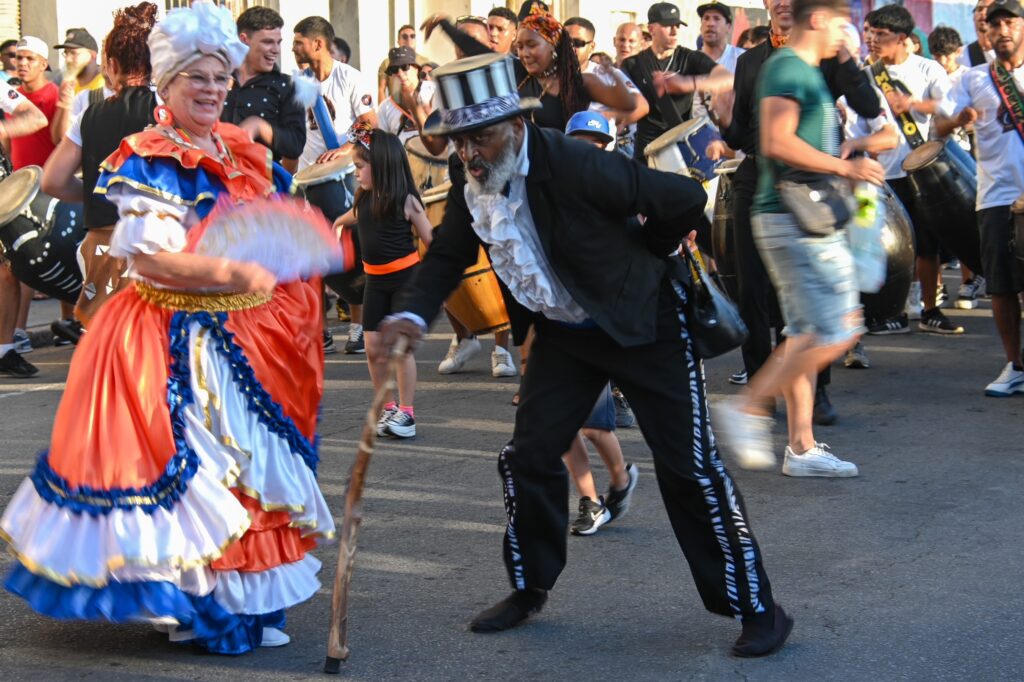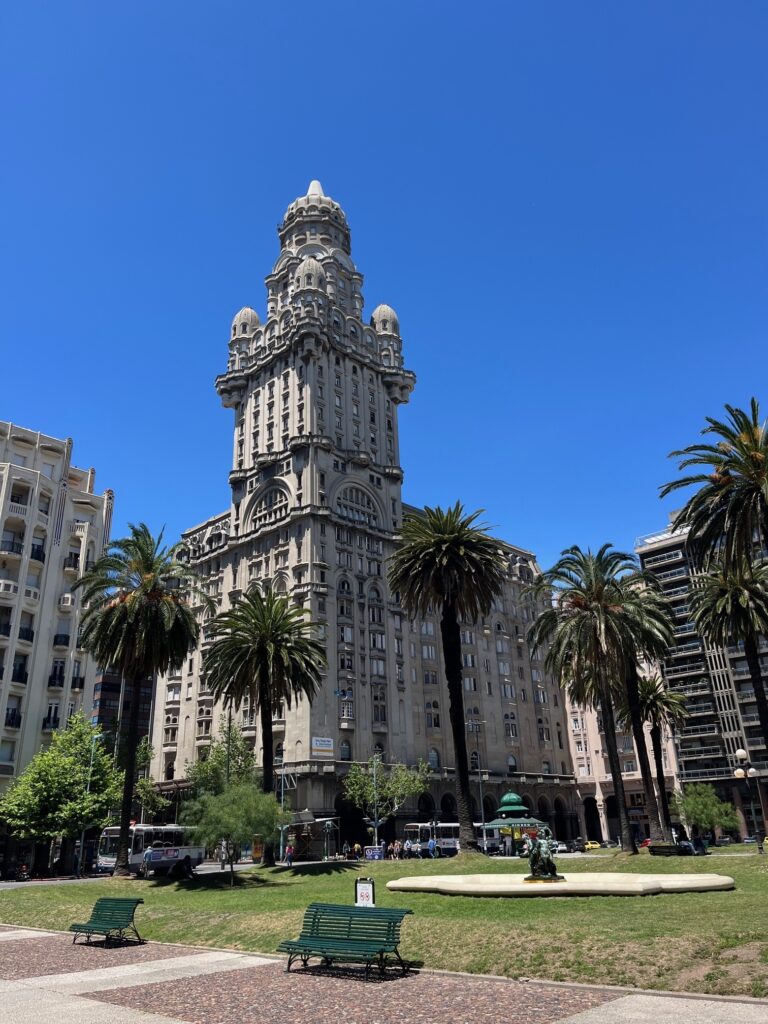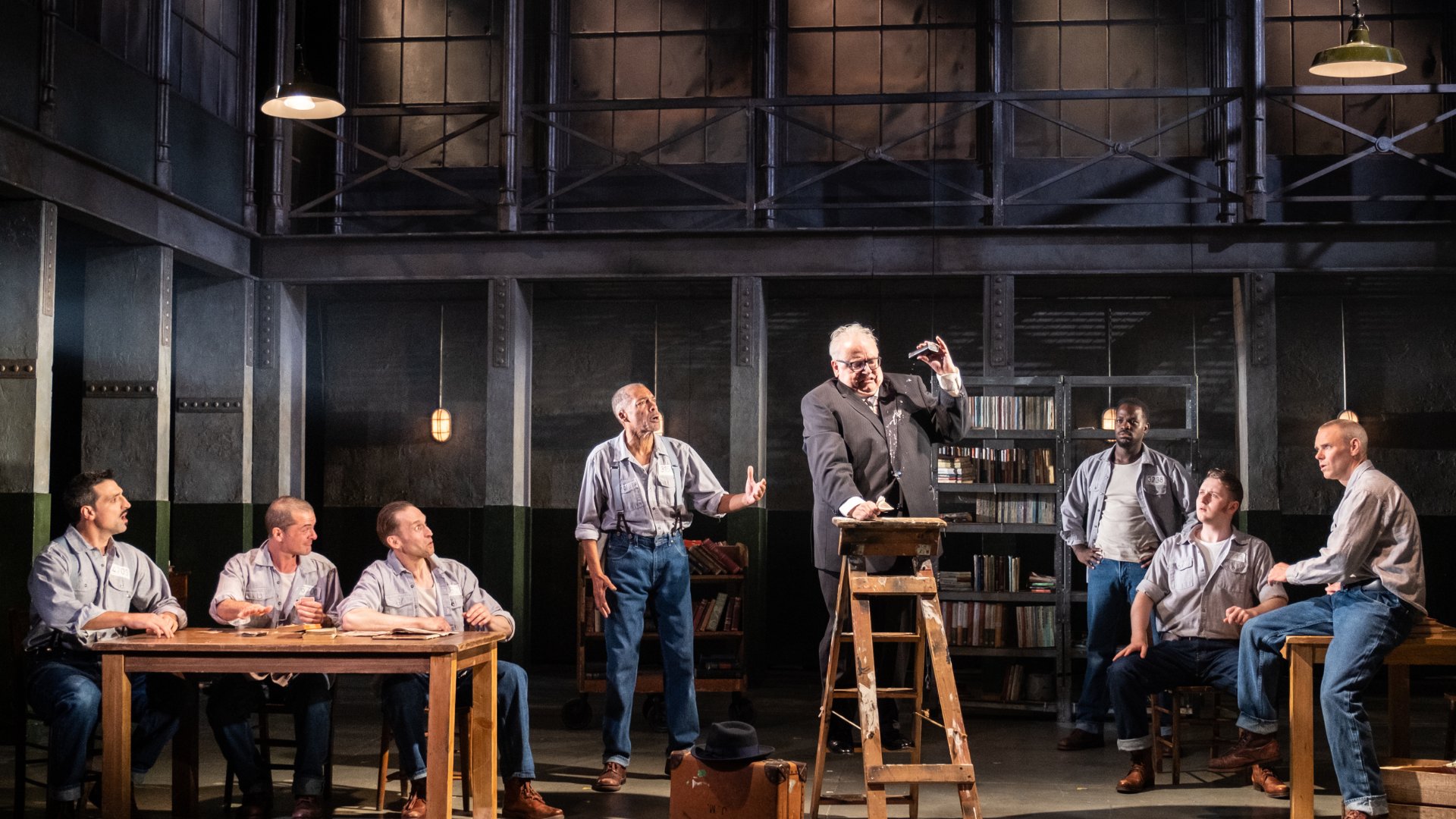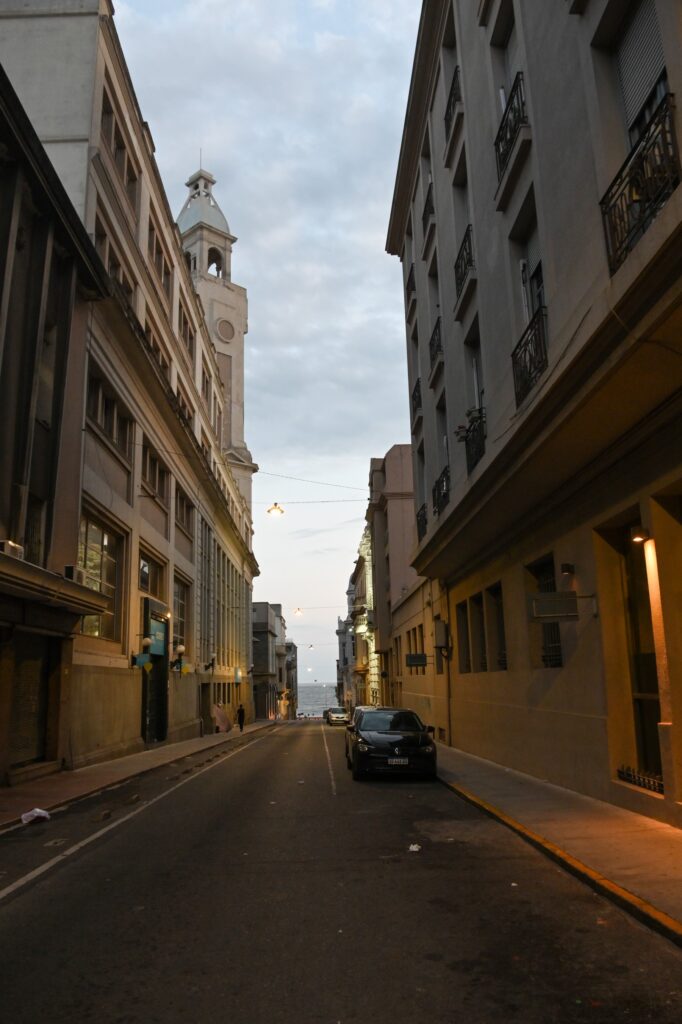One of the reasons I write this blog is that I like to read novels that describe the place I’m traveling to. For my recent stay in Montevideo, I chose “The Truce (La Tregua)” by Mario Benedetti. At first glance, I was a little surprised to find very few descriptions of the Uruguayan capital. A few street names, café and restaurant scenes, but otherwise, everything takes place in an office and two apartments. Reading the novel, it’s hard, for example, to imagine the presence of the Rio de la Plata, whose mouth towards the Atlantic bathes the entire city.
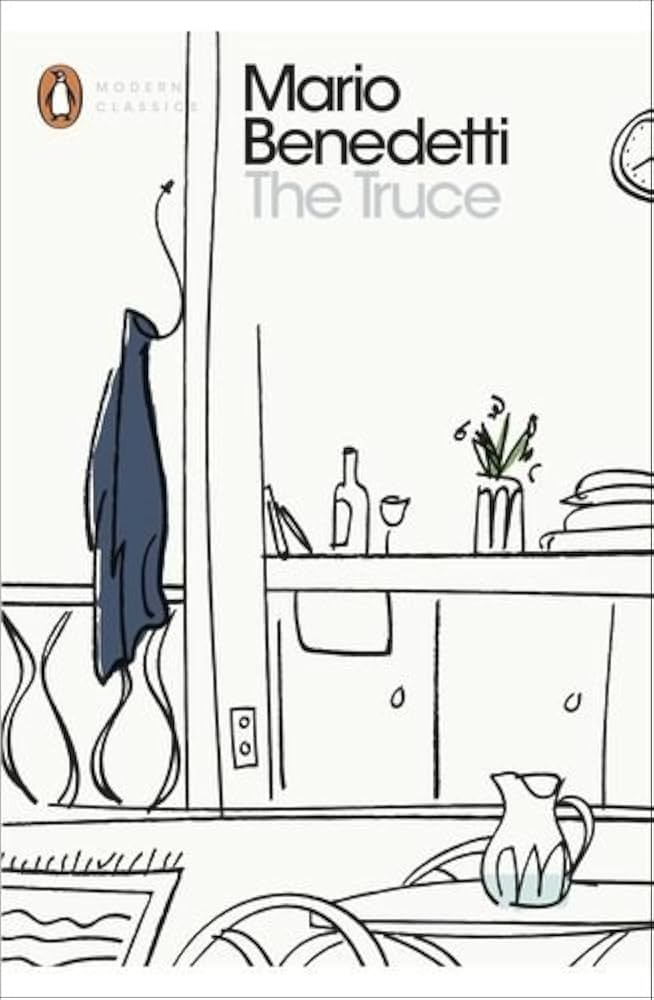
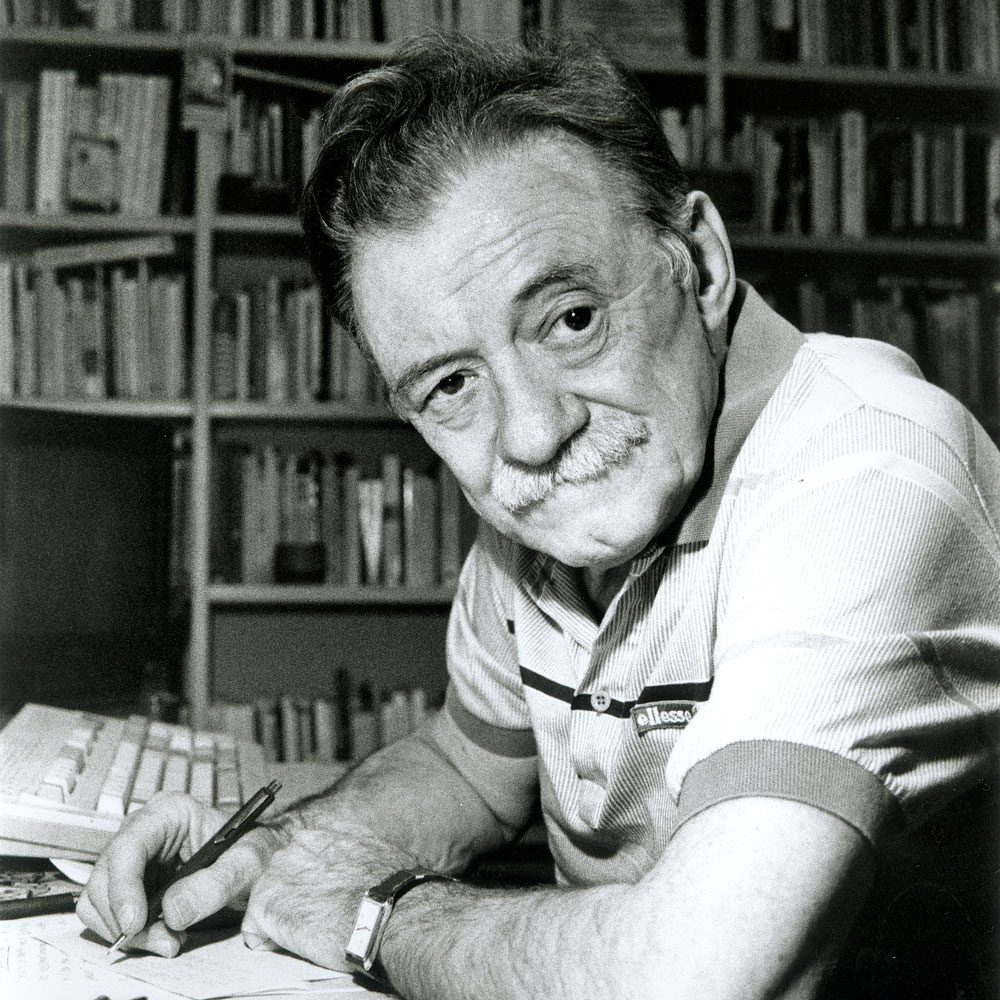
Having finished the novel and spent several days touring Montevideo, I must revise my conclusion. Benedetti’s novel conveys almost perfectly the atmosphere of this quiet city, with its discreet, slightly old-fashioned charm and Art Deco buildings, where it’s a pleasure to walk because there’s so little traffic. The contrast with Buenos Aires, its fellow capital on the other side of the Rio de la Plata, is striking.
The story of “The Truce” is simple. The book is presented as the diary of Martín Santomé, a chief accountant in an office. He is a few months away from retirement. He has been a widower for over twenty years. His wife Isabel died when Jaime, their third child, was born. Since then, he has lived with his children Esteban, Blanca and Jaime, who have become young adults he sometimes finds hard to understand. A life without surprises, from which he no longer seems to expect much.
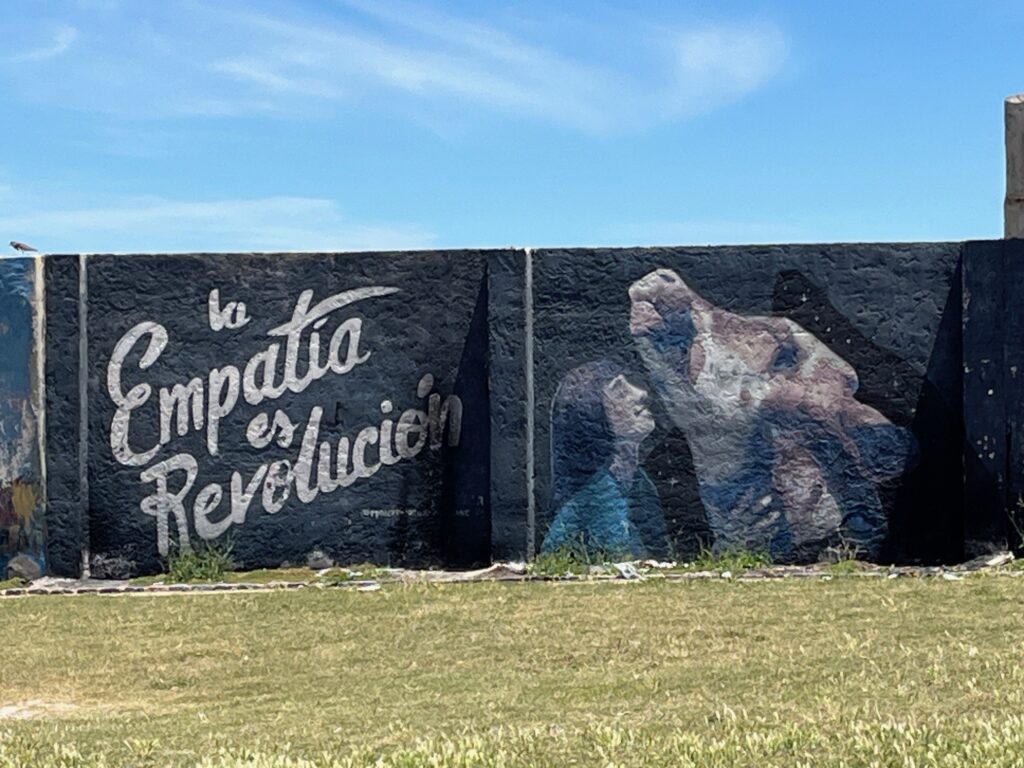
A new employee, Laura Avellaneda, arrives in his department. She is discreet and efficient. Santomé falls in love with her, even though she’s the same age as his daughter. Avellaneda shares Martín’s feelings. They embark on a moving love story. This short novel is written without frills, with a sincerity that touched me deeply. It was adapted for the cinema in an excellent film by Argentine director Sergio Renán.
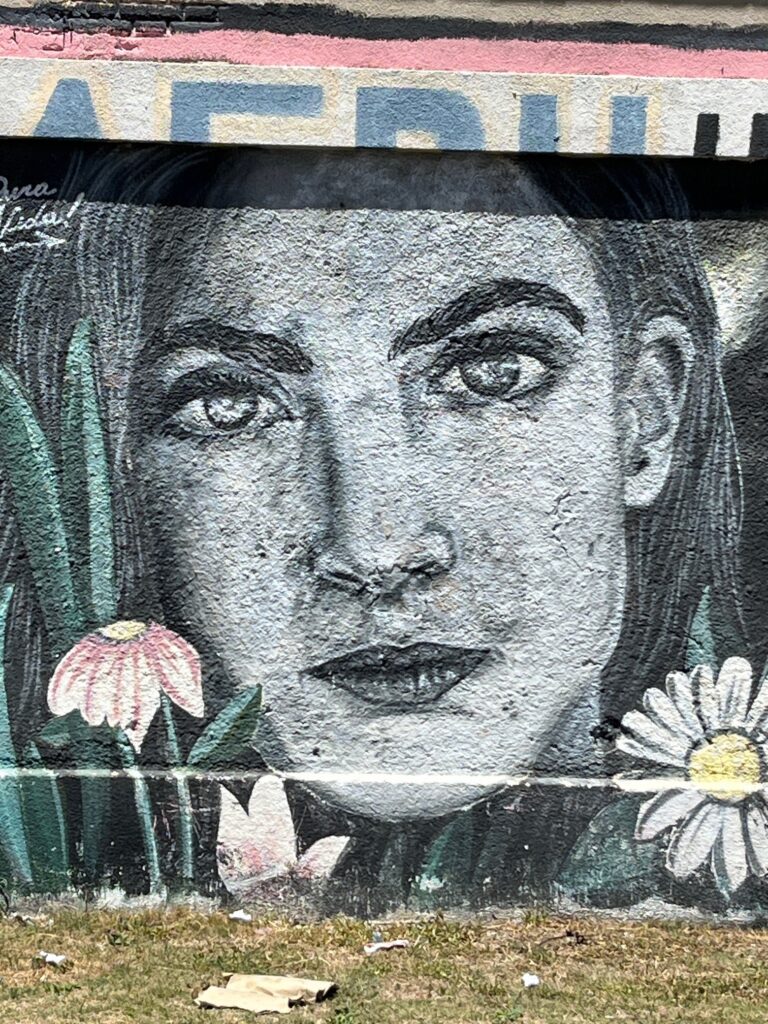
The story of Martín Santomé and Laura Avellaneda is just like Montevideo: charming, not flashy, full of surprises, like a World Cup qualifier where Uruguay wins against Colombia, scoring at the 101st minute, like an old pharmacy transformed into a trendy café, or like the rhythms of a neighborhood candombe at sunset.
